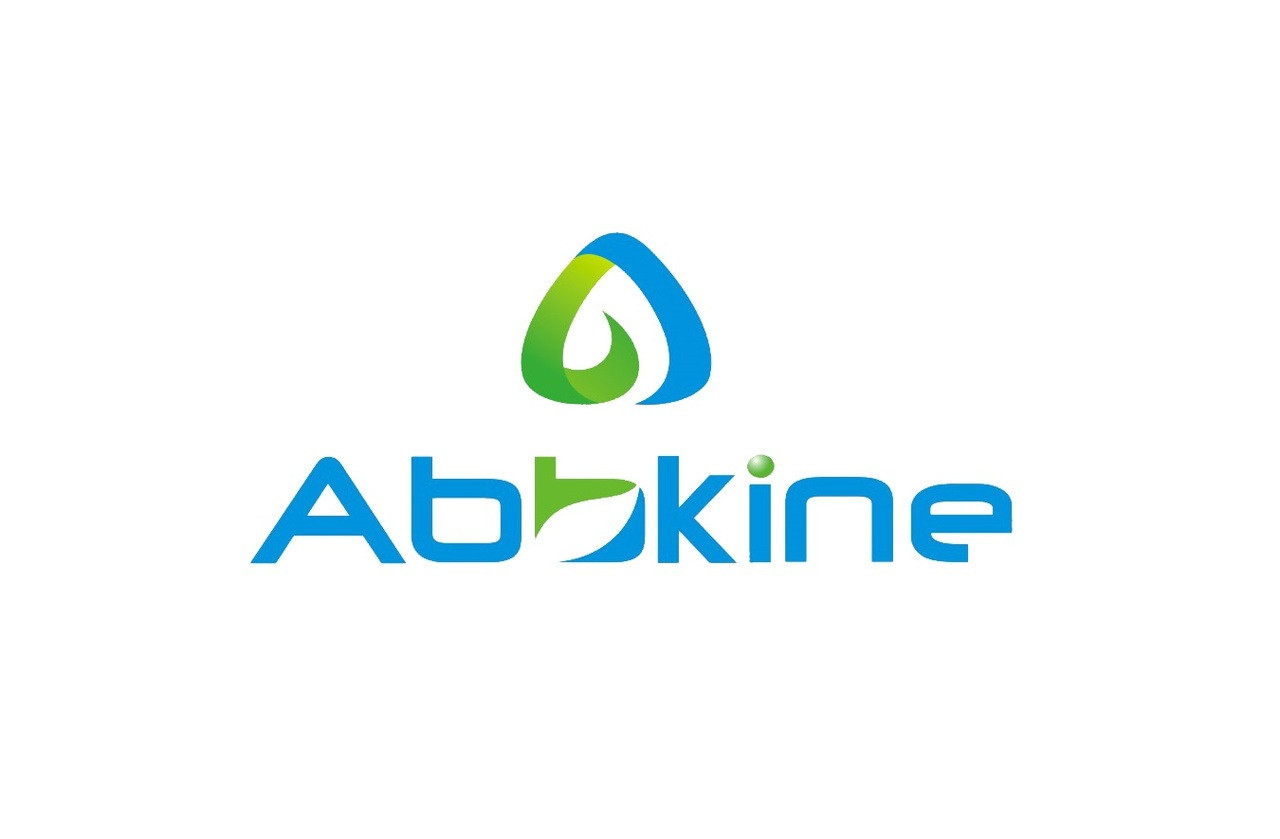Product Description
Mouse Osteoprotegerin (OPG) ELISA Kit | KTE70129 | Abbkine
Application: This Mouse Osteoprotegerin (OPG) ELISA Kit employs a two-site sandwich ELISA to quantitate TNFRSF11B in samples. An antibody specific for TNFRSF11B has been pre-coated onto a microplate. Standards and samples are pipetted into the wells and anyTNFRSF11B present is bound by the immobilized antibody. After removing any unbound substances, a biotin-conjugated antibody specific for TNFRSF11B is added to the wells. After washing, Streptavidin conjugated Horseradish Peroxidase (HRP) is added to the wells. Following a wash to remove any unbound avidin-enzyme reagent, a substrate solution is added to the wells and color develops in proportion to the amount of TNFRSF11B bound in the initial step. The color development is stopped and the intensity of the color is measured.
Detection Method: Colorimetric
Conjugate: N/A
Sample Type: Cell culture supernatants#Serum#Plasma#Other biological fluids
Assay Type: Multiple steps standard sandwich ELISA assay with a working time of 3-5 hours. It depends on the experience of the operation person.
Kit Component: • Mouse Osteoprotegerin microplate
• Mouse Osteoprotegerin standard
• Mouse Osteoprotegerin detect antibody
• Streptavidin-HRP
• Standard diluent
• Assay buffer
• HRP substrate
• Stop solution
• Wash buffer
• Plate covers
Features & Benefits: Mouse Osteoprotegerin (OPG) ELISA Kit has high sensitivity and excellent specificity for detection of Mouse TNFRSF11B. No significant cross-reactivity or interference between Mouse TNFRSF11B and analogues was observed.
Calibration Range: Please inquire
Limit Of Detection: Please inquire
Usage Note: • Do not mix components from different kit lots or use reagents beyond the kit expiration date.
• Allow all reagents to warm to room temperature for at least 30 minutes before opening.
• Pre-rinse the pipet tip with reagent, use fresh pipet tips for each sample, standard and reagent to avoid contamination.
• Unused wells must be kept desiccated at 4 °C in the sealed bag provided.
• Mix Thoroughly is very important for the result. It is recommended using low frequency oscillator or slight hand shaking every 10 minutes.
• It is recommended that all samples and standards be assayed in duplicate or triplicate.
Storage Instruction: The unopened kit should be stored at 2 - 8°C. After opening, please store refer to protocols.
Shipping: Gel pack with blue ice.
Precaution The product listed herein is for research use only and is not intended for use in human or clinical diagnosis. Suggested applications of our products are not recommendations to use our products in violation of any patent or as a license. We cannot be responsible for patent infringements or other violations that may occur with the use of this product.
Background: Osteoprotegerin (OPG) is a cytokine, which can inhibit the production of osteoclasts. It is a member of the tumor necrosis factor (TNF) receptor superfamily. It is a basic glycoprotein comprising 401 amino acid residues arranged into 7 structural domains. It is found as either a 60 kDa monomer or 120 kDa dimer linked by disulfide bonds.Osteoprotegerin inhibits the differentiation of osteoclast precursors into osteoclasts and also regulates the resorption of osteoclasts in vitro and in vivo. Osteoprotegerin is a RANK homolog, and works by binding to RANKL on osteoblast/stromal cells, thus blocking the RANKL-RANK ligand interaction between osteoblast/stromal cells and osteoclast precursors. This has the effect of inhibiting the differentiation of the osteoclast precursor into a mature osteoclast.
Alternative Names: TNFRSF11B; MGC29565; OCIF; OPG; TR1; osteoclastogenesis inhibitory factor; osteoprotegerin
Search name: TNFRSF11B; MGC29565; OCIF; OPG; TR1; osteoclastogenesis inhibitory factor; osteoprotegerin
Tag: TNFRSF11B
 Euro
Euro
 USD
USD
 British Pound
British Pound
 NULL
NULL








